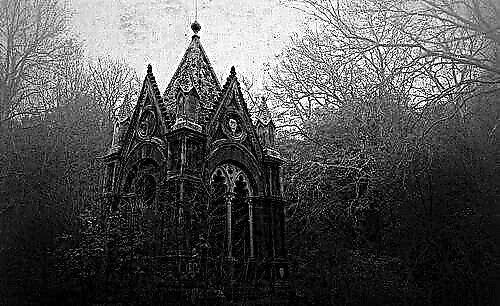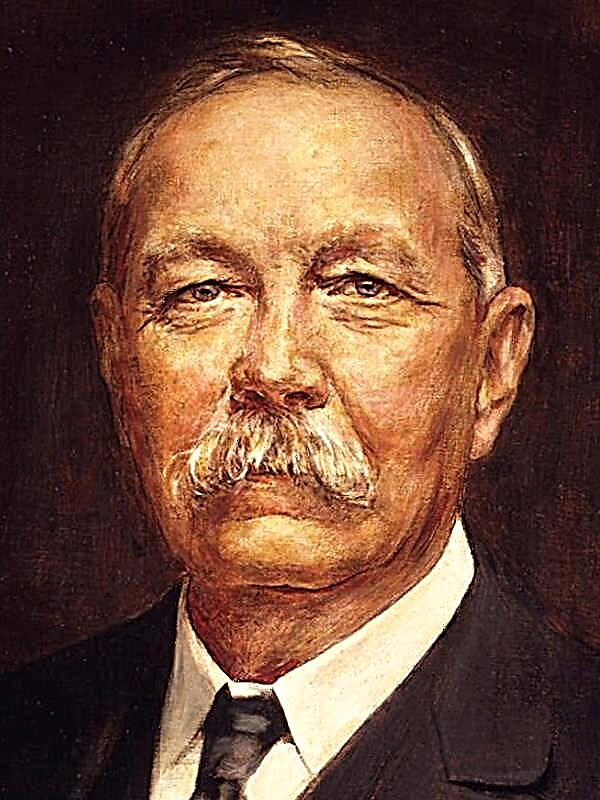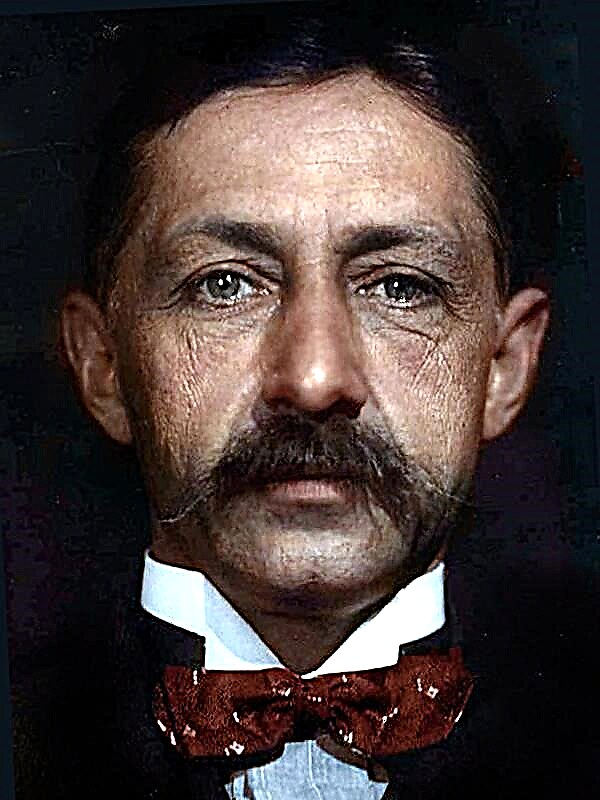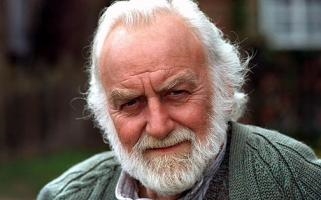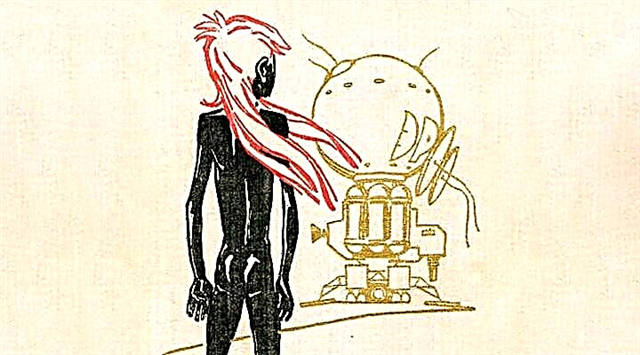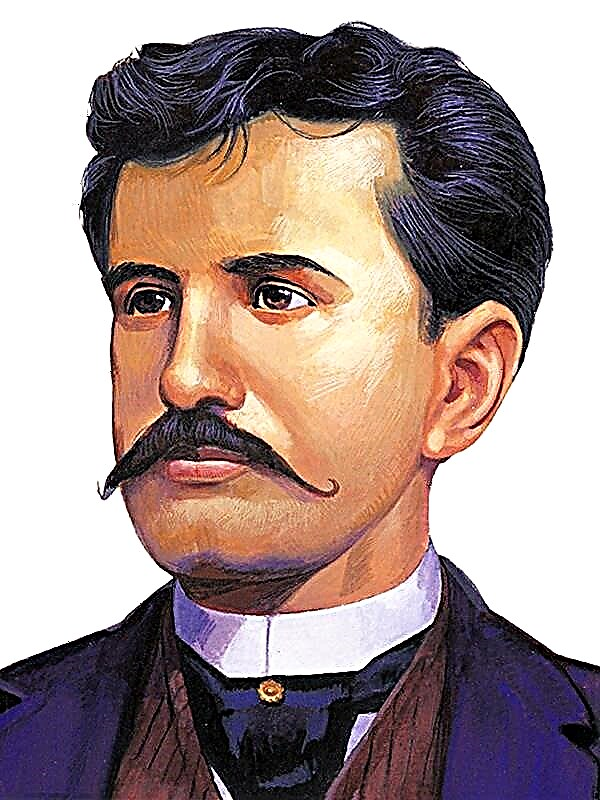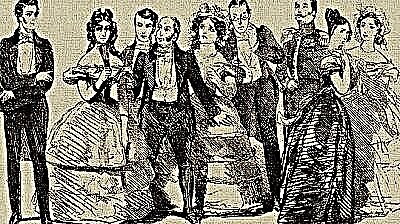(393 words) Dream and reality are two sides of the same coin, and this medal is the inner world of man. What a person imagines is her dream, and what she sees and feels in reality can be called subjective reality. Some may think that these concepts are opposite, but this is not so. Both of them are different parts of one whole, both form a person’s worldview. To identify the common features of these concepts, consider the literary examples.
In the novel by I. A. Goncharov “Oblomov”, the main character got stuck in his own dreams. He lies all day on the couch in his favorite shabby robe and thinks about what could have happened. His dreams are far from transcendental fantasies, they are earthly and concrete. Ilya Ilyich considers the ideal that surrounded him in childhood - eternal idleness, slow and sleepy flow of life, affection and love of loved ones. It is about this that he dreams in a noisy and bustling city, where he feels miserable. Only Agafya Pshenitsyna was able to fulfill his dreams, surrounding Oblomov with care, homeliness and blissful silence. She did everything for him, so the hero could lie quietly and enjoy life. As you can see, Oblomov’s dreams and reality converge at one point, because they are inextricably linked. His dreams are the reality that surrounded him as a child, so Agafya was able to easily fulfill them, recreating Oblomovka's atmosphere. Thus, a dream is reality, but embellished with our imagination.
Another interesting example was described by L. Tolstoy in the epic novel War and Peace. Andrei Bolkonsky dreamed of satisfying his own ambition. He often imagined how in the war he would find his Toulon, that is, a battle that he could be proud of. The ideal for him was the career rise of Napoleon, who was recognized as the greatest commander of that time. The hero leveled at him, trying to make a feat at the cost of life. But in fact, it turned out that war is not a company where you need to achieve an increase, but an terrible mess of blood and sweat. Andrei, having been seriously wounded, rethought his worldview. He renounced past dreams that were copied from reality, but alien. The reality of Napoleon was unacceptable to Bolkonsky, because they were formed in different conditions and countries. As we see, a dream is not a revelation from above, but a copy of reality, which is decorated with imagination.
Thus, there is much in common between dream and reality. This is essentially the same thing: a view of the world. But this view is refracted in different ways through the prism of imagination and through the prism of data received from the senses. From reality, we draw what we like, and fantasy makes something ideal from this information. So the worldview is formed.

